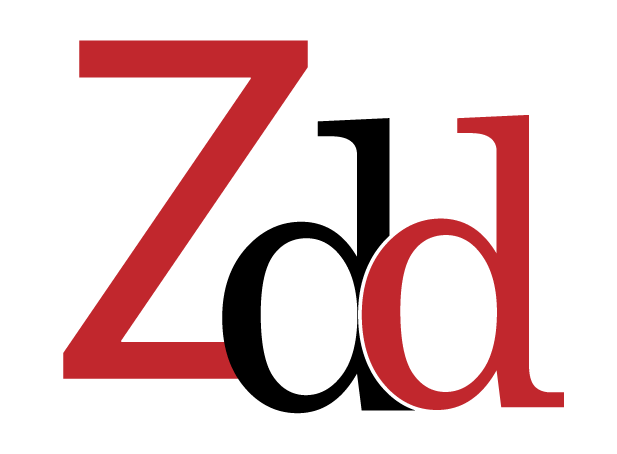 The Humanitarian Sector in Africa
The Humanitarian Sector in Africa
The Role of NGOs In Africa: A critical Analysis
This article explores a specific component of globalization, namely NGOs (Non-Governmental Organizations) and their broader impact on Africa. Of course, Africa is a very large place so we must keep in mind that this analysis is a general one that focuses on NGOs’ long-term impact on the national development of various countries on the continent.
First, NGOs come in different forms. There are local, national and international. They can also operate on multiple levels (e.g., local and international). Additionally, they can be broadly categorized into two different groups: advocacy NGOs (which are based on the promotion of a certain cause or causes) and operational ones (which focus on development causes). In practice, there’s significant overlap between the two.
In Africa today, numerous NGOs operate and furthermore, their number only keeps growing. Generally, they operate under the stated purpose and often benign intention of improving the lives of society and in particular, the lives of marginalized groups. On top of that, they purport to be non-political, non-ideological, and non-for-profit. In short, they are in the business of doing good for good’s sake. It seems hard to find any fault with an industry whose driving force boils down to helping the helpless.
Some proof of their positive contributions to society can be found in the day to day work they are involved in. For example, NGOs often provide resources and services such as education, legal advocacy, and employment assistance for individuals who otherwise would have little to no other route. This lack of other routes might be because the people might be too poor or just don’t have the access to the information they need among other reasons. Especially from the perspective of the beneficiary of these services provided by the NGO, the value is undoubtedly great.
For example, the UNHCR (United Nations High Commissioner for Refugees states), which helps “protect refugees, forcibly displaced communities, and stateless people” as well as “assists them in their voluntary repatriation, local integration or resettlement…” states that they would be totally impotent without NGOS which explains why NGOs account for over a quarter of the UNHCR’s budget.
Keeping in mind the fact that the professed goal of NGOs is generally to work towards the alleviation of suffering and assist socioeconomic development for the populations being served, many NGOs have sadly fallen short of this promise. Here, like in many other aspects of life, money is often king.
When one examines the primary ways by which NGOs are funded, we find that the hand of various governmental, interest group, and corporate actors is prominent. Of course, receiving funds or donations from these places by itself isn’t a problem.
The problem arises when we understand the reality that in order to receive funding, these NGOs must be ready to accept the strings and stipulations that the donors place. So, while the NGO might profess, even with good intention and genuineness, that they are non-partisan, ideological, governmental, etc., their behavior by necessity is heavily influenced by the government, interest group or corporation which funds them.
In Africa for example, so many NGOs are dependent on the funding of international donors and corporations as well as foreign governments such as the U.S. In order to receive these badly needed funds, stipulations unrelated to humanitarian work are put in place. In such a situation, foreign and international actors position themselves to effectively guide local and national politics and policies of the African people.
It is of course not uncommon in most aspects of life, be it politics or business or anything else, for there to be an expectation that “if I give you this money, I expect to have some influence in how it is used. That can be easily conceded.
The reason why that explanation is invalid in this scenario however is because in its very nature and purported purpose and mission, NGOs are supposed to be non-governmental, non-political, non-ideological, etc. They are supposed to be driven by helping the needy. With the issue that has been raised however, we see how they can and have been used, in a clandestine manner to advance the self-interests of actors other than the communities that the NGOs purport to serve.
Keywords: The Role of NGOs In Africa: A critical Analysis, NGO , Non-profit organization, Humanitarian, The Role of NGOs In Africa: A critical Analysis, Economic Development in Africa Today , #Humanitarian , #NGO , #Non-profit-organization, Africa, The Humanitarian Sector in Africa, The Humanitarian Sector in Africa, The Humanitarian Sector in Africa, The Humanitarian Sector in Africa, The Humanitarian Sector in Africa,The Humanitarian Sector in Africa
References:
- United Nations High Commissioner for Refugees. “Refugees Magazine Issue 97 (Ngos and UNHCR) – Ngos: Our Right Arm.” UNHCR, https://www.unhcr.org/publications/refugeemag/3b53fd8b4/refugees-magazine-issue-97-ngos-unhcr-ngos-right-arm.html.
- Silences in NGO Discourse: The Role and Future of Ngos in Africa – OOZEBAP.
- Ltd, All Answers. “Advantages and Disadvantages of Ngos.” UK Essays, UK Essays, 29 July 2022, The Humanitarian Sector in Africa https://www.ukessays.com/essays/politics/advantages-disadvantages-ngos-5937.php.
